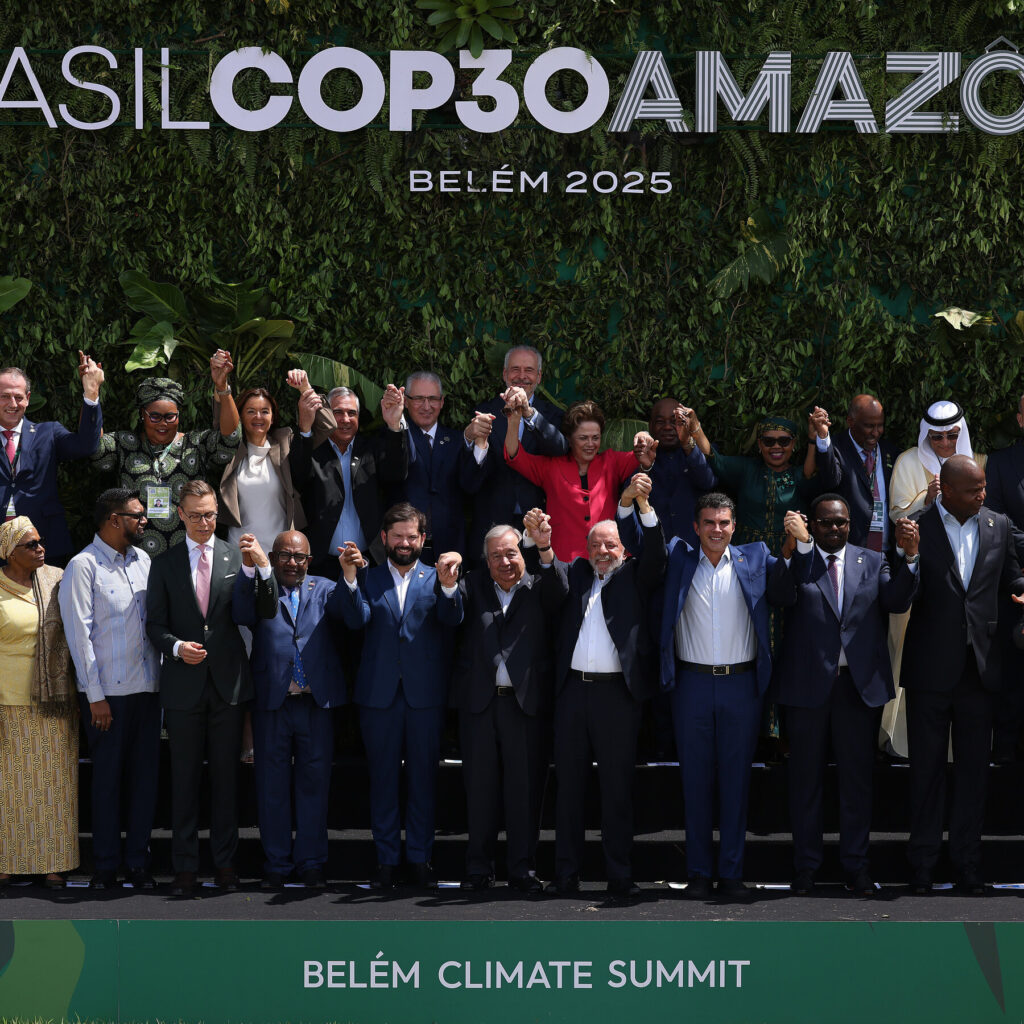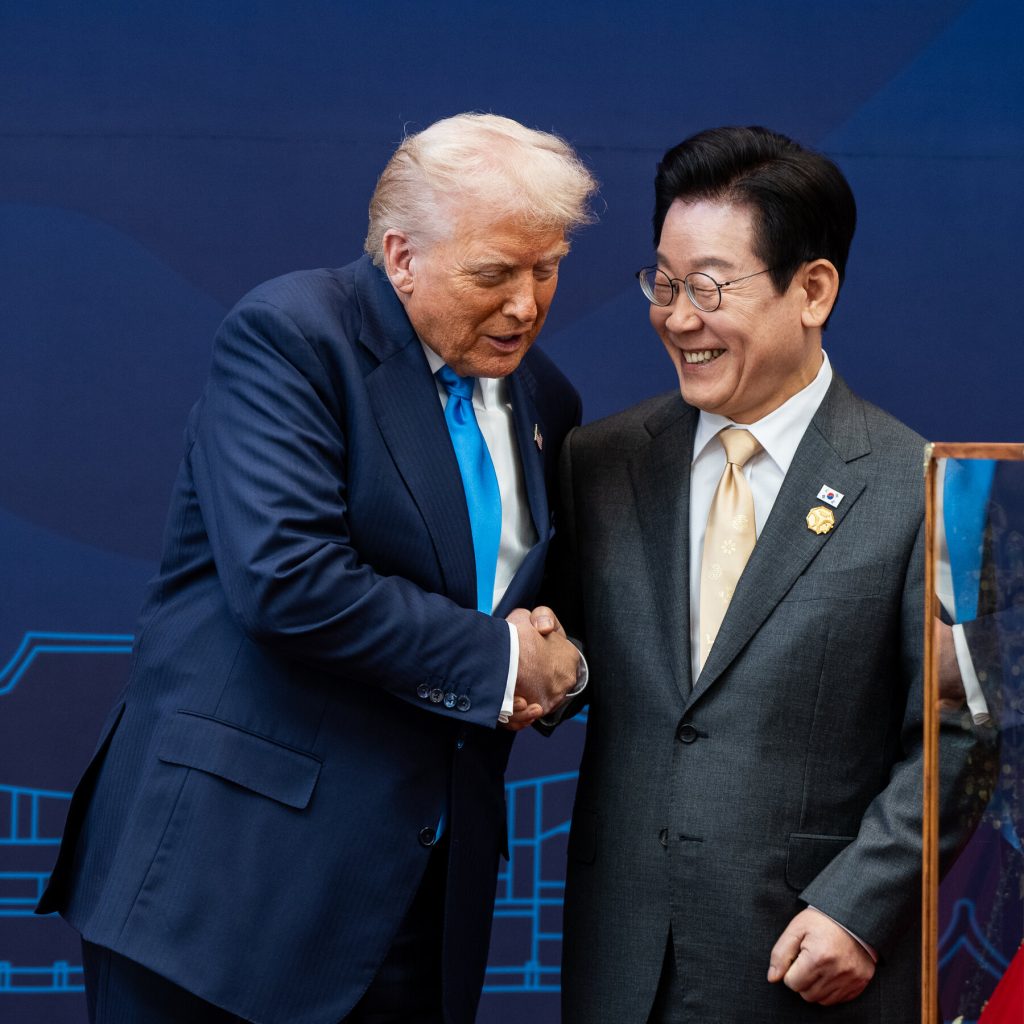COP30 in Belém Puts the Human Cost of Climate Change Front‑and‑Center

Leaders, scientists and civil‑society representatives gathered in Brazil’s historic port city of Belém for the 30th United Nations Climate Change Conference (COP30) and spent much of the summit confronting a stark reality: the consequences of a warming planet are already being felt on the ground, and they are intensifying.
“All we have to do is look outside,” one delegate remarked during a plenary session, gesturing toward the city’s waterfront. “The sea rises, the coral dies.” The simple observation captured a growing consensus among participants that climate change is no longer a distant threat but a present‑day emergency that is reshaping ecosystems, economies and communities across the globe.
The opening days of COP30 were dominated by vivid testimonies from those living on the front lines of climate impacts. Fishermen from the Amazon delta described how rising water levels have eroded their homes and forced them to abandon traditional fishing grounds. Indigenous leaders from the Xingu basin warned that altered rainfall patterns are threatening the very species they depend on for food and cultural practices. In a moving video presentation, a Brazilian marine biologist showed footage of once‑vibrant coral reefs now bleached and lifeless, a visual testament to the ocean’s rapid warming.
These personal accounts were paired with stark scientific data. The Intergovernmental Panel on Climate Change (IPCC) released an interim update during the conference, confirming that global average temperatures have already climbed 1.2 °C above pre‑industrial levels, and that the planet is on track to breach the 1.5 °C threshold within the next decade if emissions are not sharply curtailed. Sea‑level rise is accelerating, with the latest satellite measurements indicating an average increase of 3.4 mm per year since 1993—more than double the rate observed in the 1970s.
In response, world leaders pledged to tighten their climate ambitions. The United States announced a new target to cut greenhouse‑gas emissions by 55 % relative to 2005 levels by 2030, while the European Union committed to delivering an additional €200 billion in climate‑finance to vulnerable nations over the next five years. Brazil, hosting the summit, unveiled a “Blue Amazon” initiative aimed at protecting 30 % of its coastal and marine ecosystems by 2035, a move that drew applause from environmental NGOs.
Nevertheless, the conference also highlighted the gaps that remain. Developing countries called for a faster rollout of the $100 billion annual climate‑finance pledge made by wealthy nations, arguing that current disbursements fall short of the needs on the ground. Several delegations urged the creation of a global loss‑and‑damage fund to compensate communities already suffering irreversible harm.
“The climate crisis is a moral issue as much as it is an environmental one,” said the Secretary‑General of the United Nations, António Guterres, in his closing remarks. “If we continue to treat it as an abstract statistic, we will keep hearing the same refrain: look outside, and see the sea rising, the coral dying. The time for talk is over; the time for decisive action is now.”
As COP30 draws to a close, the prevailing sentiment among participants is that the summit has succeeded in shifting the narrative from abstract targets to lived experiences. The images of receding shorelines, bleached reefs and displaced families are expected to shape the next round of climate negotiations, pushing policymakers to adopt more aggressive mitigation pathways and to deliver the financial support that the most vulnerable nations urgently need.





